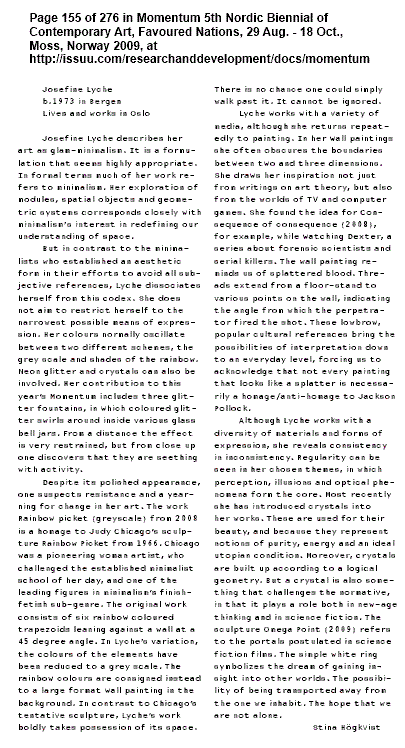Kate felt quite dizzy. She didn't know exactly what it was
that had just happened, but she felt pretty damn certain that
it was the sort of experience that her mother would not have
approved of on a first date.
"Is this all part of what we have to do to go to Asgard?"
she said. "Or are you just fooling around?"
"We will go to Asgard...now," he said.
At that moment he raised his hand as if to pluck an apple,
but instead of plucking he made a tiny, sharp turning movement.
The effect was as if he had twisted the entire world through a
billionth part of a billionth part of a degree. Everything
shifted, was for a moment minutely out of focus, and then
snapped back again as a suddenly different world.
— Douglas Adams, The Long Dark Tea-Time of the Soul
|
Overarching Symmetries, Theory Change, and Ontology "Overarching symmetries help us to determine which new theories should replace older, falsified theories. Typically, when an earlier theory has been rejected and physicists are searching for a new theory to replace it, physicists don't just start from scratch. They assume that many of the features of the old theory were, in fact, correct, assuming the theory in question had a history of empirical successes. The old theory must have gotten something right to be successful, so since new theories should be strictly better than the theories they replace, we need a way to identify those successful features of our old theories and carry those features over into our new theories. Successful features of older theories can thus constrain what good candidates for these theories' replacements should look like." — Daniel Peterson, "Physical Symmetries, Overarching Symmetries, and Consistency" |










